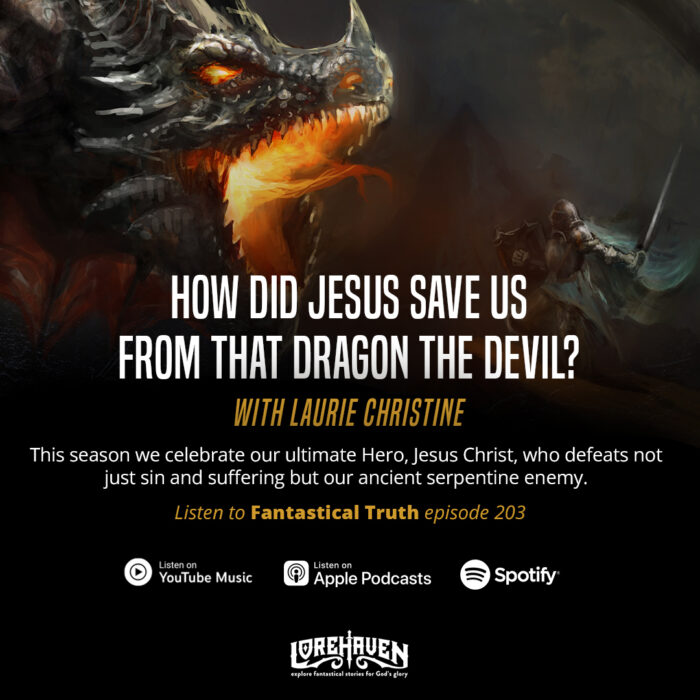The HBO documentary Leaving Neverland recently made its splash in the culture, telling the stories of two men who were sexually abused by Michael Jackson as young children. It was not really a revelation; reasonable people have suspected that Jackson was a pedophile for decades. But the documentary stands as a vivid confirmation of those old suspicions. There are still MJ groupies out there who, demonstrating why predators sometimes succeed in victimizing children despite flagrant warning signs, huff that you can’t just assume Michael Jackson was abusing those little boys he lured into his bed. Everyone else is facing the truth. So we have begun – too late, but better than never – our cultural reckoning of the fact that the King of Pop was a monster.
 Many fruitful, if unhappy, avenues of discussion might be opened, not least how parents can so thoroughly fail to protect their children. Our normal focus on culture, however, leads us down another road. Michael Jackson is gone, but his music is still here. As we see with increasing clarity who Michael Jackson was and what he did, should we continue to listen to his songs?
Many fruitful, if unhappy, avenues of discussion might be opened, not least how parents can so thoroughly fail to protect their children. Our normal focus on culture, however, leads us down another road. Michael Jackson is gone, but his music is still here. As we see with increasing clarity who Michael Jackson was and what he did, should we continue to listen to his songs?
This relates back to a larger question, and a larger debate: How much can – or should – we separate an artist from his art? There are no definitive answers; at least, I don’t have them. But there are several considerations that will clear our thinking and aid our decisions.
First, does enjoying the art fuel the wealth, celebrity, or power of the artist? A more targeted version of the question: Does it fuel the wealth, celebrity, or power of the artist in a way that enables his abuses? For example, Bill Cosby might get a little richer if networks played reruns of The Cosby Show, but he would be no more likely to assault another woman. But it might have been argued, twenty years ago, that because Jackson used his fame and money to manipulate his victims, contributing to either would be wrong.
Second, what is the nature and severity of the offense? Very few people would discard a book or song or movie because the creator was an alcoholic. But alcoholism, as terrible as it is, is in another category than the predations of abusers.
Third, how closely did the artist associate himself with his art? Some artists – generally those whose art is essentially performative, but writers have done it, too – craft a persona, wed it to their art, and sell the whole package to the public. If your celebrity is anchored to yourself as much as to your work, there is cognitive dissonance and probably some shamelessness in instructing people to take your art by itself. Michael Jackson’s self-presentation was always bizarre; now it seems sinister. There is, too, self-reference in much art, including Jackson’s “Scream”. Such reference can, with greater knowledge, be intolerable.
Good art is often made by bad people. This is a revelation to no one. We have all enjoyed art while knowing, or at least suspecting, that the creator was a bad person. Maybe, then, the real debate is not at all abstract; we all agree that sometimes you should separate art and artist, because we all sometimes have. Maybe the real debate is all about particulars: Should we separate this artist from this art?
It can be hard, especially when the artist abused children.








































Good post. I listened to a documentary that posed a similar question about Lewis Carroll.
Most of the time, we probably should separate the artist and their work. Every single one of them will have something we disagree with, and if you could examine the life of many authors and inventors from ancient times, many of those offenses will likely be heinous. We wouldn’t stop using the wheel just because the person that invented it was awful. So as long as everyone is willing to stand against what Michael Jackson did, then it’s probably OK to listen to his stuff(though I never payed much attention to his music and can’t say whether the content of it was ok). But if people were defending his actions just because he was a good artist, that would be another story.
Hearing all this reminds me of my childhood, though. My parents always kept a close eye on me and practically never let me be babysat by anyone. And the rare babysitters they picked were always close family members or friends. People act like it is paranoid to guard their kids that closely, but sadly it really isn’t.
Tchaikovsky molested servant boys. But listening to Swan Lake doesn’t enable this behavior since the composer is where money and fame are irrelevant. He’ll never hurt another child. Nor will Jackson. The question is if the works of people like this encourage others to harm children. There are “works of art” that do this.
Art reflects parts of the artist. Artists many times view their art as a part of them, or an extension of them, or as a child they hold dear. I think we inherently associate artists with their art, and so the sins of the artist automatically darken the art itself, at least to some extent. I can’t stop Michael Jackson’s past from making me less likely to enjoy his music. And I have no desire or moral reason to deny what naturally happens in my soul when I hear he abused children (namely, being repulsed by both him and his art).
Something else to discuss in this matter is what people put emphasis on after they learn a person is horrible. I read an article recently about a serial killer(Ted Bundy, I believe) that brought up the issue of people primarily discussing Bundy, rather than his victims. In some ways that’s probably good since it gives the victims/their families more privacy, rather than forcing them to relive everything. Still, some people practically glorify Bundy, and will treat those like him as movie stars even while they’re still alive and being brought to justice for their crimes.
In some ways, people are wired to pay more attention to problems/dysfunctions because that helps us understand, solve or protect ourselves from them. At an innate level, that’s probably partly why people have a fascination for the villains like Bundy. But, some people take it WAY too far and let their fascination turn into glorification, rather than a focus on solving the problem. So, no matter what, people need to make sure they are respecting the victims, and that if they do research the villains, that they do it in order to understand what happened and how such bad things can be prevented.